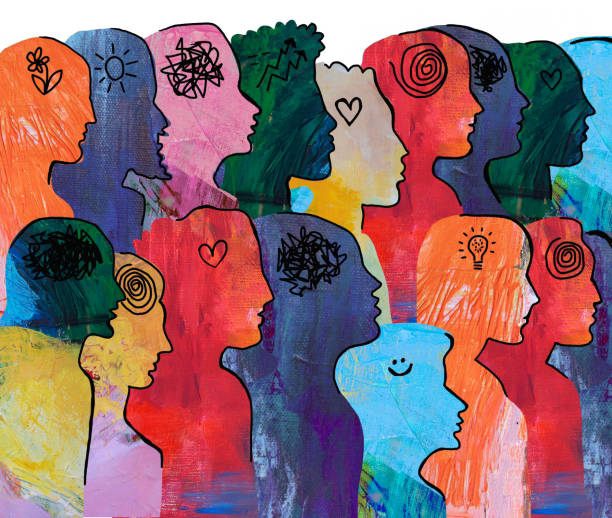mental health
Mental Health: A Comprehensive Guide to Well-Being
Introduction
Mental health is a vital aspect of overall well-being, yet it often takes a backseat to physical health. With rising stress levels, anxiety, and depression, prioritizing mental wellness is more important than ever. In this article, we’ll explore the importance of mental health, common disorders, symptoms, and effective ways to improve mental well-being.
What Is Mental Health?
Mental health refers to emotional, psychological, and social well-being. It affects how individuals think, feel, and behave in daily life. A strong mental state allows people to cope with stress, make informed decisions, and maintain healthy relationships.
Why Mental Health Matters
1. Improved Quality of Life – Good mental health enhances productivity, creativity, and emotional resilience.
2. Better Physical Health – Poor mental health can contribute to physical issues like heart disease and weakened immunity.
3. Stronger Relationships – Emotional stability fosters positive interactions with family, friends, and colleagues.
4. Higher Productivity – Employees with good mental health are more engaged and efficient at work.
Common Mental Health Disorders
1. Anxiety Disorders
Anxiety disorders, such as generalized anxiety disorder (GAD), panic disorder, and social anxiety, involve excessive fear or worry that interferes with daily activities.
Symptoms:
Constant worry or nervousness
Restlessness and difficulty concentrating
Rapid heartbeat and shortness of breath
2. Depression
Depression is a mood disorder characterized by persistent sadness and loss of interest in activities once enjoyed.
Symptoms:
Persistent feelings of sadness or hopelessness
Fatigue and low energy levels
Changes in appetite and sleep patterns
3. Bipolar Disorder
Bipolar disorder involves extreme mood swings, including manic and depressive episodes.
Symptoms:
Periods of excessive energy, euphoria, or irritability
Episodes of deep sadness and withdrawal
Impulsive behavior and poor decision-making
4. Post-Traumatic Stress Disorder (PTSD)
PTSD develops after experiencing or witnessing a traumatic event.
Symptoms:
Flashbacks and nightmares
Severe anxiety and emotional numbness
Avoidance of triggers related to the trauma
5. Obsessive-Compulsive Disorder (OCD)
OCD is characterized by intrusive thoughts (obsessions) and repetitive behaviors (compulsions).
Symptoms:
Unwanted, distressing thoughts
Repetitive behaviors (e.g., excessive hand-washing, checking locks)
Anxiety when unable to perform compulsions
Signs You May Need Mental Health Support
Recognizing the signs of mental distress is crucial for seeking timely help. Some common indicators include:
Constant feelings of sadness or hopelessness
Drastic mood changes
Difficulty concentrating or making decisions
Withdrawal from social activities
Increased substance use
How to Improve Mental Health
1. Practice Self-Care
Engaging in self-care routines can significantly enhance mental well-being. Try:
Regular exercise to release endorphins
A balanced diet rich in vitamins and minerals
Sufficient sleep to restore cognitive function
2. Manage Stress Effectively
Practice mindfulness and meditation
Engage in deep breathing exercises
Take breaks and set realistic goals
3. Build Strong Social Connections
Social support is essential for emotional well-being. Maintain close relationships with friends, family, and support groups.
4. Seek Professional Help
If mental health challenges persist, consulting a therapist, counselor, or psychiatrist can provide essential support. Therapy options include:
Cognitive Behavioral Therapy (CBT)
Medication prescribed by a doctor
Support groups for shared experiences
5. Limit Screen Time and Social Media
Excessive screen time and negative online interactions can contribute to stress and anxiety. Set healthy boundaries with technology and prioritize real-world connections.
Conclusion
Mental health is just as important as physical health. By recognizing symptoms, practicing self-care, and seeking professional help when needed, individuals can achieve a balanced and fulfilling life. Prioritize your mental well-being today to enjoy a healthier, happier future.

Comments
Post a Comment